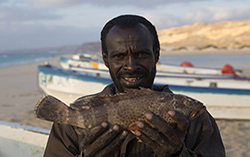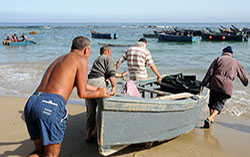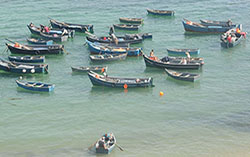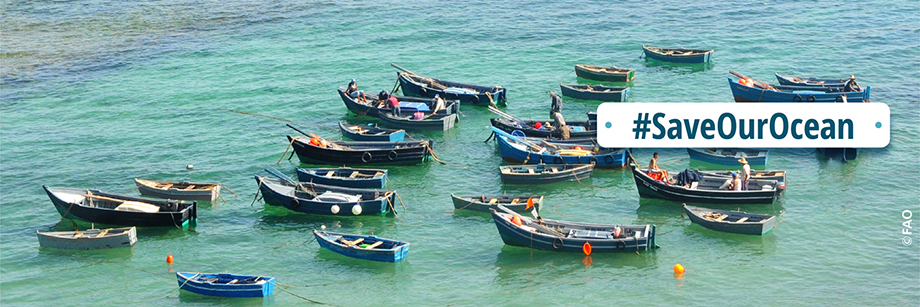Our planet faces multiple and complex challenges in the 21st century. The 2030 Agenda for Sustainable Development commits the international community to act together to surmount them and transform our world for present and future generations.
On 25 September 2015, the 193 Member States of the United Nations adopted the 2030 Agenda for Sustainable Development, including 17 Sustainable Development Goals (SDGs) with 169 targets and 230 indicators.
Defined and fully owned by countries, the 2030 Agenda is a global vision for people, for the planet and for long-term prosperity. It charts a plan for the future, shifting the world onto a sustainable and resilient course in leading to a transformation in living standards.
Agenda 2030 aims to tackle the complex challenges facing the planet today - ending poverty, hunger and malnutrition, and responding to climate change while achieving inclusive growth and sustainably managing natural resources.
Integrating the three dimensions of sustainable development – economic growth, social inclusion and environmental protection, the SDGs are universal – as relevant to developed as they are to developing nations, interconnected and indivisible. They call for comprehensive and participatory approaches, bringing together everybody to leave no one behind.
The SDGs succeed the Millennium Development Goals (MDGs), and are now the main reference for country development policies and programmes.
With its importance to food security, climate regulation, whole communities and the very future of individual states, achieving SDG14, Conserve and sustainably use the oceans, seas and marine resources for sustainable development, is a major priority of Agenda 2030.
Key messages

A sea of opportunity to end poverty, achieve zero hunger and feed the future
The oceans and seas offer vast potential to feed the near 10 billion people who will live on Earth in 2050. About 70 percent of the planet provides less than 5 percent of our food. By investing in fishing communities, curbing overfishing and sustainably managing the oceans, we are contributing to multiple targets from SDG 14 right across the 2030 Agenda.

To leave no one behind, we must invest in fishing communities
Fisheries and aquaculture support the livelihoods of 10-12 percent of the world’s population. The best way to sustain employment within the world’s fishing villages, to reduce the need for urban migration and preserve sea vitality while countering the threat from overfishing and ocean pollution is to share the riches of the seas more evenly and give coastal communities greater access to resources and involvement in decision-making.

Managing the oceans freely and fairly
Moving beyond conservation to sustainably using our oceans and other natural resources will define SDGs’ success. Blue Growth is designed to deliver development in three dimensions, balancing a focus on growth and conservation, industrial and small-scale fisheries and aquaculture, while fostering cooperation among countries and partnerships among actors. Investing in Blue Growth can accelerate progress across the SDGs, and maximise benefits for Small Island Developing States.


